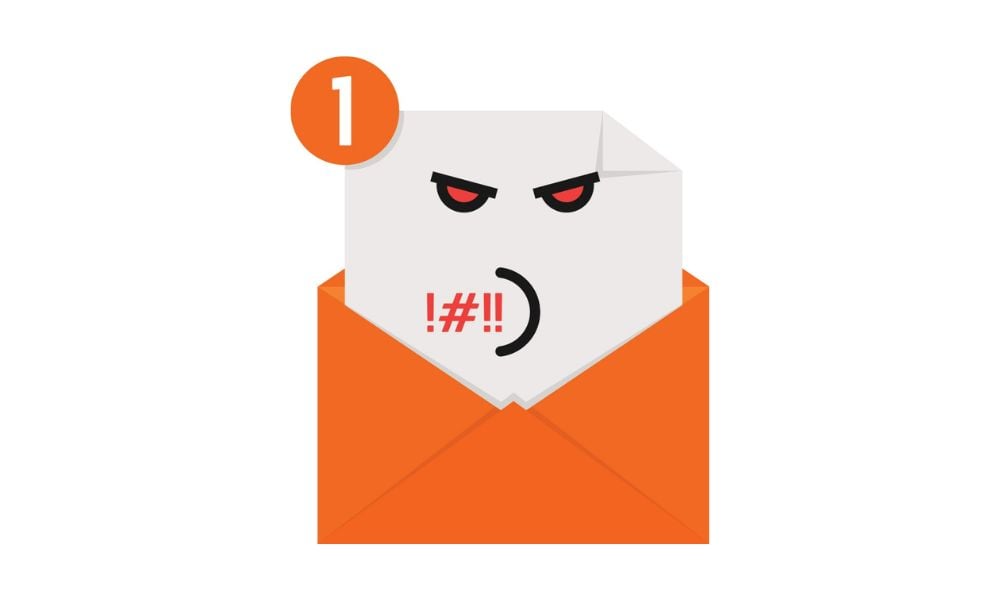
Commission denies teacher's unfair dismissal claim after 'improper conduct'

The Western Australian Industrial Relations Commission denied an employee’s unfair dismissal application because her behaviour during the proceedings “had the potential to obstruct the administration of justice” since she showed “inappropriate conduct.”
“He or she who seeks equity must do equity, and he or she must also come with clean hands,” the Commission noted, emphasising the sanctity and order of legal proceedings should always be upheld.
The employer, the Director-General of the Department of Education, engaged the employee as a senior teacher and data analyst. When she was dismissed from employment, she argued that the employer’s decision was unfair.
The employer raised that her application should be dismissed because she “acted inappropriately toward multiple possible witnesses, including attempting to intimidate them.” The misconduct comprised of “insulting communications” through emails she had sent them.
According to the evidence presented to the Commission, the employee allegedly sent the following to various recipients, among others:
The employer asked for the Commission to reject the employee’s application and not condone her actions. It said that her messages included “not only personal insults and vitriol, but threats of various legal proceedings and prosecutions against witnesses personally.” It also argued that the employee did not demonstrate “any insight into or remorse for her actions.”
For her defence, the employee through counsel, said she “believed that what was contained in the emails and messages was true and that she never sought to coerce or influence a witness to these proceedings to tell anything but the truth.” Her counsel also denied that she had participated in a “campaign of intimidation and vilification.”
The Fair Work Commission (FWC) recently dealt with an anti-bullying order application of a director who claimed she had suffered online bullying at the hands of the employer’s staff and members.
The Commission considered the parties’ submissions and its discretion to dismiss unfair dismissal applications. It found that “communications by the applicant were inappropriate, fell within the definitions of intimidatory and harassing conduct and constituted improper conduct.”
The Commission said the employee’s emails were “vindictive, vicious, and vile,” even though the employee’s counsel argued that she was “under extreme pressure.” The counsel also tried to justify that the content of the emails was “completely and utterly out of character with the [employee],” explaining that she had to be admitted to a mental hospital.
After considering the parties’ arguments, the Commission noted that the employee did not submit any medical evidence about her “state of mind.”
“It is not an uncommon experience for employees undergoing an investigation into misconduct, especially where they deny the allegations … to be feeling uncertain and apprehensive,” the Commission said.
“It is not uncommon for an employee who has been dismissed to be feeling distressed … feeling frustrated by the turn of events. However, I do not accept that the [employee’s] state of mind, or frustration, excuses her conduct,” it added.
Thus, the Commission dismissed the application.